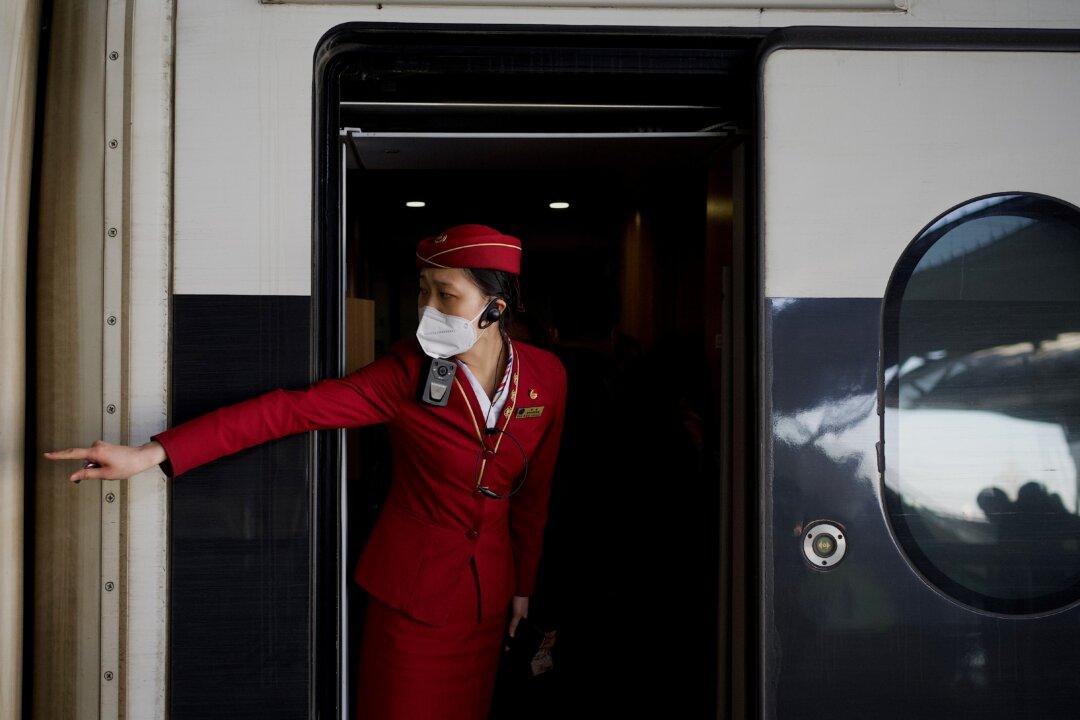Grappling with new COVID-19 outbreaks across the country, China’s central government and local officials are urging the populace not to make “unnecessary” trips for the upcoming Lunar New Year holiday in a frantic effort to contain the disease.
For the country’s most important traditional holiday, hundreds of millions of Chinese head home for the holidays to reunite with their families, making it the largest annual human migration event on earth. Lunar New Year falls on Feb. 12 this year.





